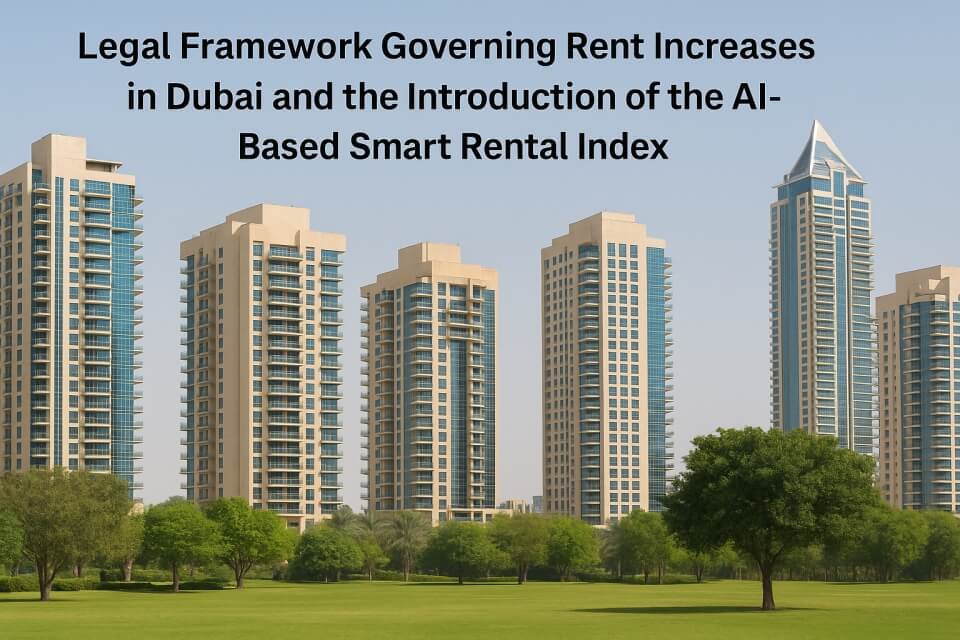Legal blog
Procedures of the Rental Dispute Settlement Center in Dubai

The Rental Dispute Settlement Center (RDSC) replaced Dubai Municipality Rent Committee in late 2013. Although the latter was a judicial committee there were no judges in the panel. The committee used to pass the decision on majority which is final and non-appealable.
The new judicial system (RDSC) was introduced to develop a quick and simple adjudication procedure for tenancy/rental disputes. It constitutes five departments such as Central Support Department, Conciliation Department, First Instance Department, Appeal Department and Execution Department in which all the five departments have their own scope and ambit of work.
Central Support Department
The jurisdiction of RDSC extends to:
a) Any tenancy disputes in the Emirate of Dubai except for tenancy disputes in relation to finance lease contracts (Ijara) and long-term lease contracts; and
b) Any rental disputes inside the free zones except if the free zones are under the jurisdiction of special judicial committees or courts, such as the Dubai International Financial Centre.
Any disputes between the landlord and a tenant with regard to rent and failed to negotiate and resolve among them may be referred to RDSC. As a method of resolving the dispute without much complication, the Arbitration department interferes into the matter to attempt settling it amicably within 15 days. In case of failure, the parties may file a suit in the First Instance Department.
A reconciliation agreement shall be entered into by the parties when an amicable settlement is achieved. The parties may choose to file an appeal, only if the rent claim is more than AED 100,000 (One Hundred Thousand Dirhams). However, such parties may be allowed to file an appeal under certain special circumstances that are elaborated under Article 17[1] of Law no. 26 of 2013 as enumerated below:
I. Involves an eviction judgment;
II. Is in violation of the jurisdiction rules;
III. Involves something not requested by the parties;
IV. Is more than what the parties requested; or
V. Disregards some of the parties’ requests;
VI. Is against a person who is not properly represented or where a notice is not properly served;
VII. Is based on forged documents discovered after the judgment or a false testimony determined after the judgment;
VIII. Would have been different because a party has hidden data or documents from the First Instance Department.
In the absence of any of the circumstances mentioned above, the judgment issued by First Instance shall be final and non-appealable. In such cases where the claim amount is more than AED 100,000, the parties have the right to file an appeal in the Appellate Division within 15 days from which the judgment was issued. However, the decision from the appellate division is final and binding. Such judgment will be enforced by the Enforcement department.
Written by:
Rajasree Ravivarma | Hussain Lootah & Associates

This publication is for general information purposes only. It does not purport to provide comprehensive full legal or other advice.
Legal Advice Middle East and the contributors accept no responsibility for losses that may arise from reliance upon information contained in this publication. This publication is intended to give an indication of legal issues upon which you may need advice.
Full legal advice should be taken in due course from a qualified professional when dealing with specific situations.










